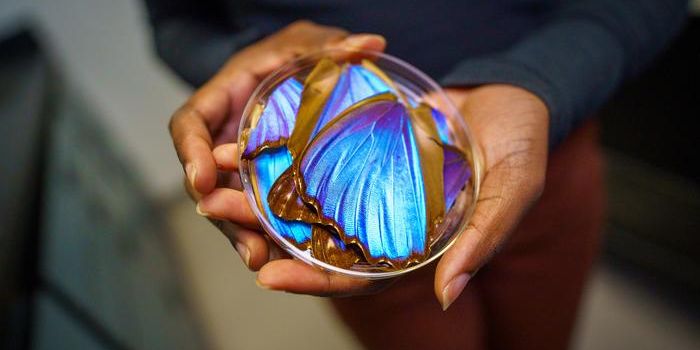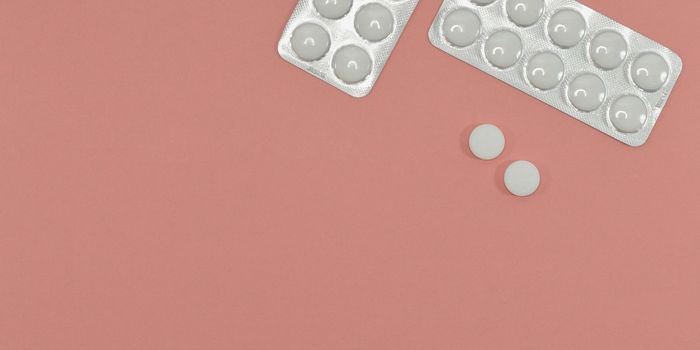Experts speaking at the American Society for Clinical Oncology (ASCO) 2015 Conference and publishing in the New England Journal of Medicine say that a whole new era in cancer treatment is upon us. Their studies suggest that immunotherapy -- the use of drugs to stimulate immune response -- is highly effective against cancer, according to an article in Medical News Today (http://www.medicalnewstoday.com/articles/294737.php).

The American Cancer Society defines immunotherapy as treatment that uses certain parts of a person's immune system to fight diseases such as cancer. It can be done by stimulating one's own immune system to work harder or smarter to attack cancer cells or by giving one's immune system components, such as man-made immune system proteins. Immunotherapy has become an important part of treating some types of cancer, while newer types of immune treatments are being studied for many other types, potentially impacting cancer treatment in the future http://www.cancer.org/treatment/treatmentsandsideeffects/treatmenttypes/immunotherapy/immunotherapy-what-is-immunotherapy).
A study presented at the ASCO meeting showed that a drug combination of ipilimumab and nivolumab (an immune therapy drug) reduced tumor size in almost 60 percent of people with advanced melanoma, the most deadly form of skin cancer, as compared with ipilimumab alone. Another study found that nivolumab reduced the risk of lung cancer death by more than 40 percent.
According to the Medical News Today article, "Nivolumab is a drug already approved by the Food and Drug Administration (FDA) for the treatment of metastatic melanoma in patients who have not responded to ipilimumab or other medications. It is also approved for the treatment of non-small cell lung cancer (NSCLC) that has metastasized during or after chemotherapy."
Some cancer experts believe that nivolumab and other immune therapy drugs could eventually replace chemotherapy. Nivolumab is a "checkpoint inhibitor" that blocks the activation of proteins that help cancer cells hide from immune cells, thus avoiding attack.
In a phase 3 trial at the University of Colorado Cancer Center, researchers tested the effectiveness of nivolumab combined with ipilimumab, a drug that stimulates immune cells to help fight cancer, or ipilimumab alone in 945 patients with advanced melanoma (stage III or stage IV) who had received no prior treatment. Study co-leader Dr. James Larkin, of the Royal Marsden Hospital in the UK, said, "By giving these drugs together you are effectively taking two brakes off the immune system rather than one, so the immune system is able to recognize tumors it wasn't previously recognizing and react to that and destroy them. For immunotherapies, we've never seen tumor shrinkage rates over 50 percent, so that's very significant to see. This is a treatment modality that I think is going to have a big future for the treatment of cancer."
In another study, at the Johns Hopkins Kimmel Cancer Center, researchers tested nivolumab against standard chemotherapy with docetaxel on 260 patients with NSCLC who had been treated for the disease previously but suffered a recurrence. Patients who received nivolumab had longer overall survival than those treated with standard chemotherapy, at 9.2 months versus 6 months. Overall, the researchers estimated that, compared with patients who received chemotherapy, those who received nivolumab were at 41 percent lower risk of death from NSCLC.
Experts caution that immunotherapy is expensive - about $200,000 per patient - making it imperative to predetermine which patients might benefit from the treatment.









